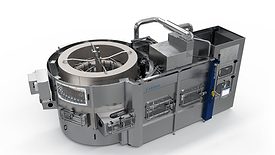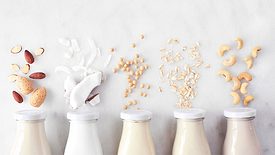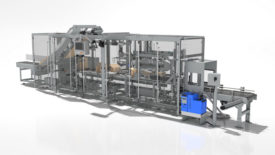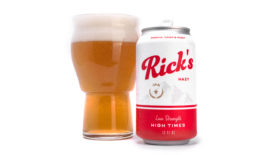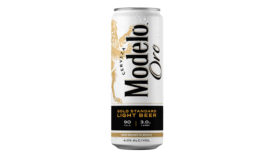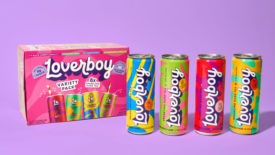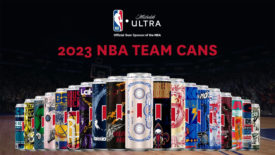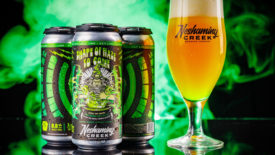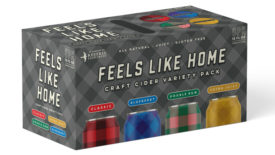Articles by Jessica Jacobsen
Packaging Equipment
Sensitive filling demands continue to proliferate
Read More
Beverage Beat
FDA offers guidance on labels for plant-based milk alternatives
Brand owners could turn to fortification to bridge nutrient gap
March 17, 2023
Operations
High-pressure processing delivers quality, freshness to beverages
Opportunity for immune health brands with HPP technology
March 6, 2023
Packaging Equipment
Changeovers, shrinking workforce influence case packers and wrappers
Sustainable secondary, tertiary packaging impacting machinery
March 2, 2023
2023 Beer Report | Non-alcohol beer delivers substitution solution
Consumers of alcohol-free beer moderating alcohol intake, not eliminating
March 2, 2023
2023 Beer Report | Imported beer appeals to consumers’ lavish interests
Inflation, potential recession could halt beer segment’s performance
March 2, 2023
2023 Beer Report | Hard teas shine in flavored malt beverage segment
Beyond beer sees preference changes from consumers
March 2, 2023
2023 Beer Report | Super-premium domestics bright spot among domestic beers
Beer markets see diverging performances
March 2, 2023
2023 Beer Report | Craft beer’s performance varies across segment
Hazy IPAs gain traction with craft beer consumers
March 2, 2023
2023 Beer Report | Local appeal lifts hard cider segment
Local cideries, flavor combinations support competitive mindset
March 2, 2023
Elevate your expertise in the beverage marketplace with unparalleled insights and connections.
Join thousands of beverage professionals today. Shouldn’t you know what they know?
JOIN NOW!Copyright ©2024. All Rights Reserved BNP Media.
Design, CMS, Hosting & Web Development :: ePublishing
